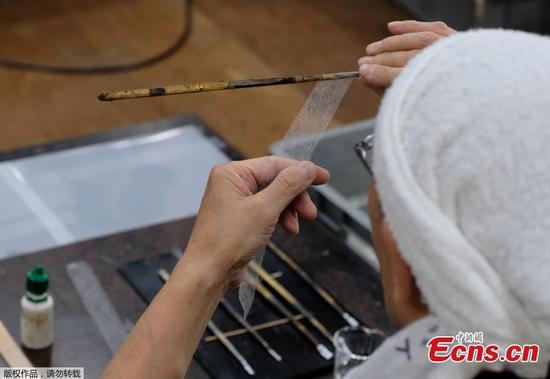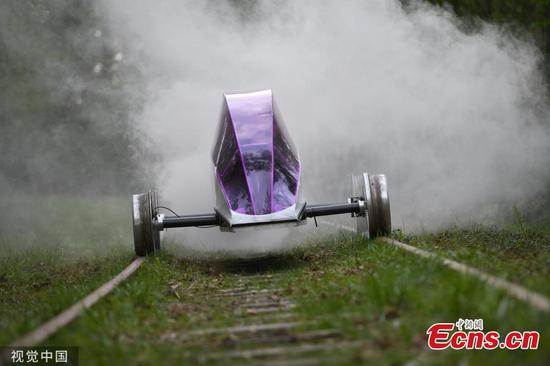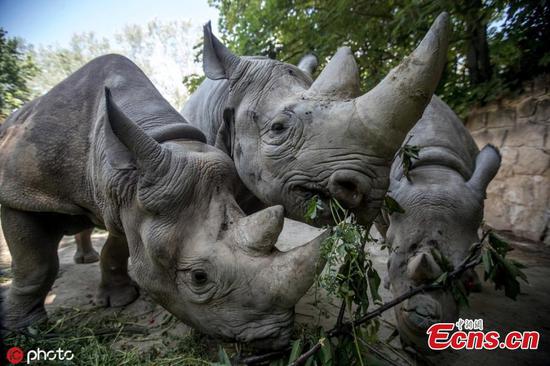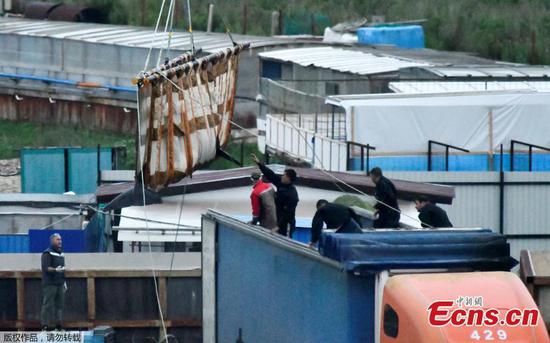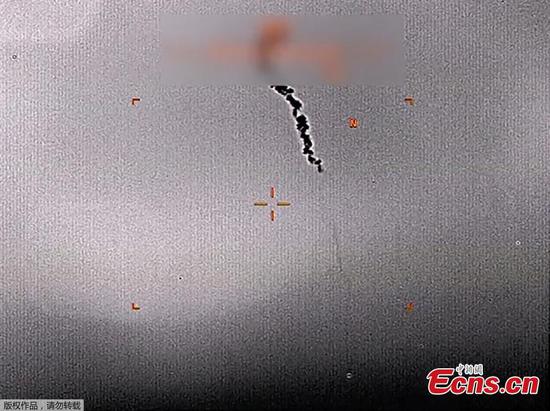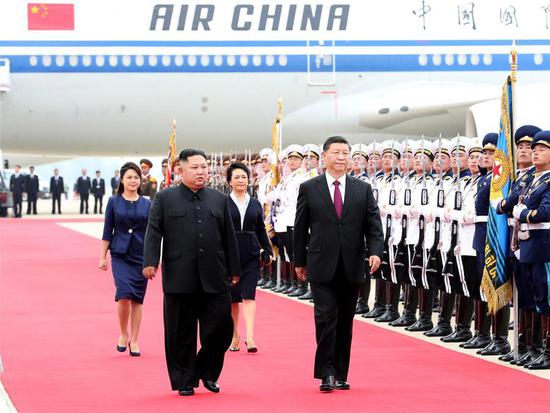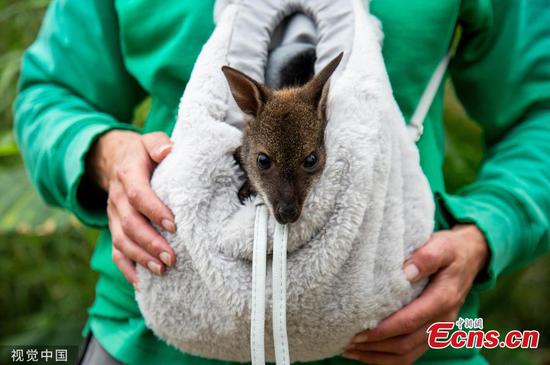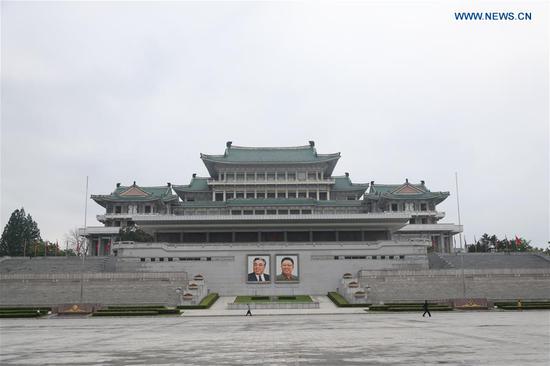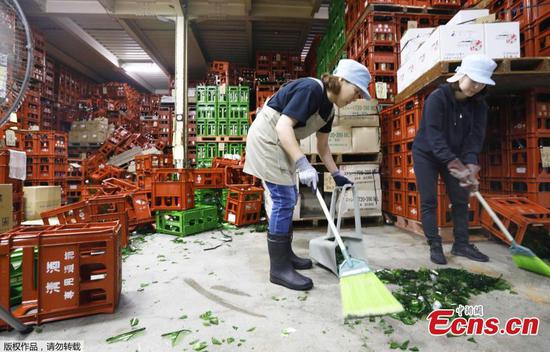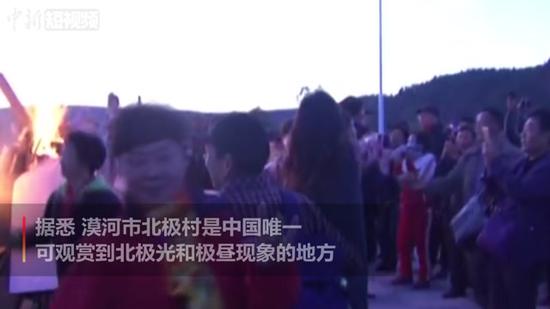
WM Motor's EX5 model is displayed at the CES Asia show in Shanghai early this month. (Photo by Li Fusheng/China Daily)
Ministry of Industry and Information Technology threatens punishment in wake of recent fire incidents
China's top industry regulator is urging new energy carmakers in the country to screen models for faulty vehicles amid widespread safety concerns following recent cases of electric cars catching fire.
Carmakers should check batteries and other parts of vehicles prone to accidents and file the results with potential solutions by the end of October, said the Ministry of Industry and Information Technology in a statement last week.
Automakers that fail to comply will be punished, including forbidding sales of their vehicles in the market, said the statement.
It said carmakers should be held accountable for the fire accidents of their vehicles and demanded that they begin investigation into the causes immediately after the incidents.
Carmakers are required to report basic information about the accidents in six hours and detailed information in 48 hours to the ministry, said the statement.
It was the third statement the ministry has issued since September 2018.
The first is concerned with electric buses and the second is about passengers cars and cargo vehicles.
Analysts said the latest statement was largely the result of Tesla and Nio vehicles catching fire in recent months. Both carmakers are among the most well-known new energy vehicle producers.
A Nio ES8 SUV went into flames in April in Xi'an, capital of Shaanxi province, and another caught fire one month later in Shanghai.
A Tesla Model S sedan burned in April in Shanghai, while another vehicle fire ensued in May in Hong Kong.
Nio made a statement in late April via its official Sina Weibo account that the incident resulted from a short circuit of its internal battery package after the vehicle was struck in chassis impacts.
Tesla said early findings on the accident in Hong Kong showed only a few battery modules were affected and the majority of the car's battery pack was undamaged.
The companies have not released detailed results of their findings about other vehicles nor how to prevent the potential danger in the future.
Other car companies have also seen a rise in fire-related incidents. On June 19, two models, one from Lifan and another from Changan, caught fire at an expo center in Chongqing, where both carmakers are headquartered.
More than 40 fire-related incidents involving new energy vehicles were recorded in China and 135,700 units were recalled last year, according to the State Administration for Market Regulation.
Following the accidents of Nio and Tesla, Xin Guobin, vice-minister of industry and information technology, called on car manufacturers to improve the safety of new energy vehicle batteries and take measures to eliminate dangers.
He said the government will accelerate the establishment of a comprehensive safety guarantee system to improve the quality of new energy vehicles and carmakers should strengthen the research and development of safety technology.
China became the world's largest market for new energy vehicles in 2015.
Last year, it sold 1.26 million units, up 61.7 percent year-on-year, according to the statistics of the China Association of Automobile Manufacturers.
An estimated 3 million new energy vehicles were on Chinese roads by the end of 2018.
The association expected another 1.6 million such vehicles to join them by the end of 2019.
Dong Yang, vice-president of the International Organization of Motor Vehicle Manufacturers, said as electric vehicles gain popularity in China, the absolute number of fire accidents is attracting attention. But gasoline vehicles have a similar, if not larger, percentage.
He said with technological improvement the possibility of electric vehicles catching fire will gradually drop.
Xu Haidong, an assistant to the secretary-general of the CAAM, said, "If not handled properly, the fire incidents may have a negative impact on the new energy vehicle industry and scare away some potential customers."
The segment has already shown signs of slowing down mainly because of the overall slump that had swept the Chinese automotive market for 11 months in a row by the end of May.
Statistics from the CAAM show new energy vehicle sales in May stood at 100,400, a mere 1.8 percent growth year-on-year.
The growth rate was 18.1 percent in April and 85.4 percent in March.




















